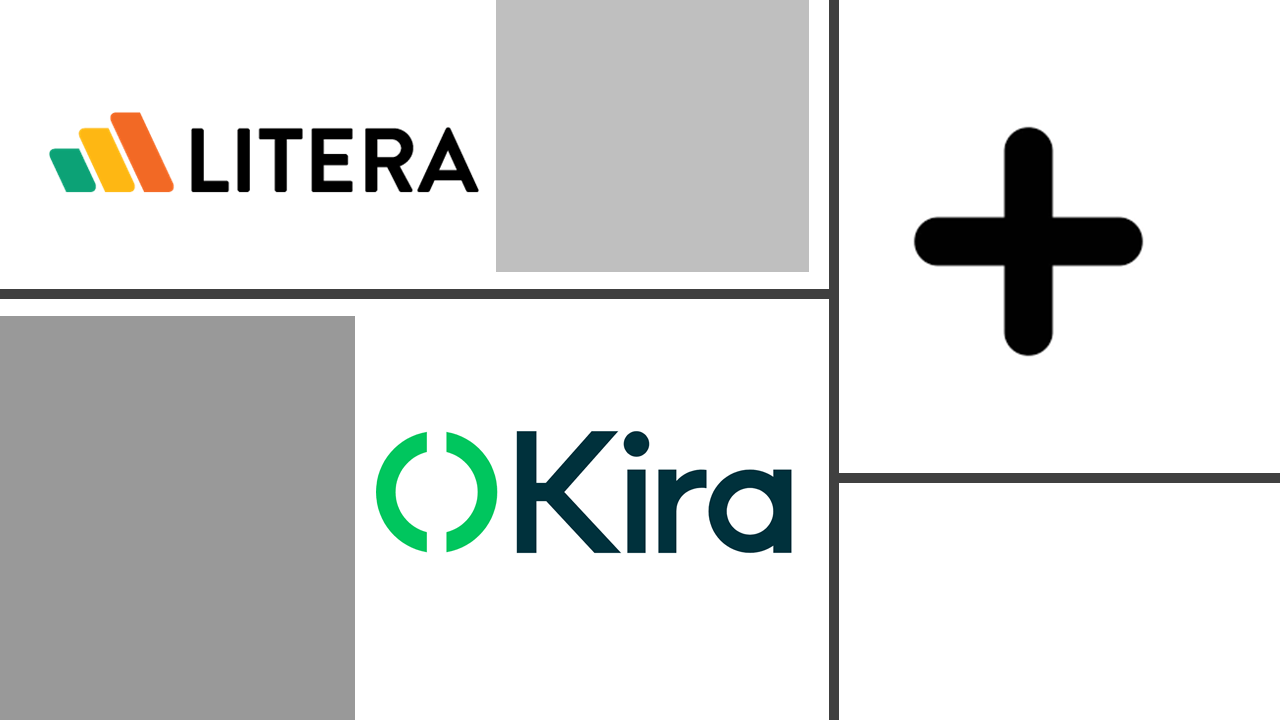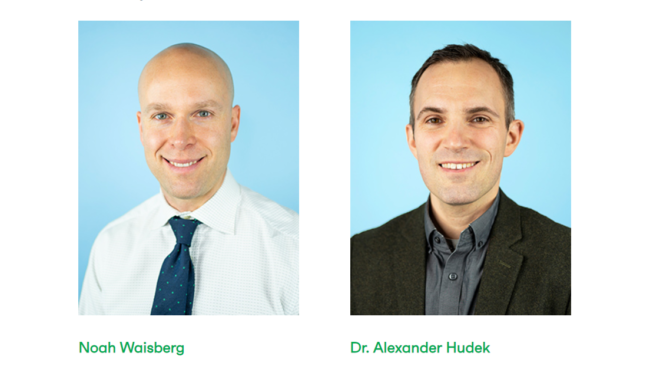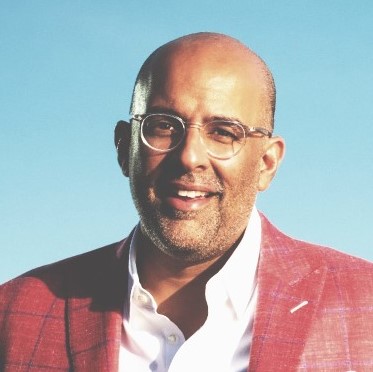Kira Systems, a 10-year-old Toronto company that pioneered the use of artificial intelligence in contract analysis, is to be acquired by the global legal technology company Litera, its 12th acquisition over the span of two years.
Kira’s CEO, Noah Waisberg, a former corporate lawyer with Weil, Gotshal & Manges in New York, and its CTO, Dr. Alexander Hudek, a computer scientist, founded the company in 2011, originally under the name DiligenceEngine (which I reviewed in 2014). The company developed what was the first of a now-common class of products that use machine learning for contract review and analysis.
[Earlier this year, I interview Waisberg and Hudek for my LawNext podcast.]
Litera said it will incorporate Kira’s machine learning workflows into its Litera Transact transaction management platform. Avaneesh Marwaha, Litera CEO, said the goal is to provide lawyers with significantly expanded workflows to manage more aspects of the deal management process at higher quality.
Waisberg will serve as a strategic advisor to Litera.
Meanwhile, as part of the overall transaction, Kira will spin off a new company, Zuva, which will continue to develop machine learning technology for business documents and that will focus on delivering tools that enable businesses to know what is in their contracts. Waisberg will lead the new company as CEO. His Kira cofounder Hudek will be a strategic advisor and board director to the new company.
Zuva will launch and announce its first product in September 2021.
As part of the acquisition, Insight Partners, an investor in Kira since August 2018, will further its investment, becoming a minority investor in Litera. Hg, a global software and services investor, will remain the majority investor in Litera. Hg first invested in Litera in 2019. Since then, Litera has seen significant organic growth and completed 12 acquisitions, more than trebling the size of the business.
In interviews yesterday, I spoke with both Marwaha and Waisberg about the deal. Marwaha said he sees Kira as a natural extension of the Litera Transact workflow, adding contract analysis and due diligence. “We’re excited about extending that workflow, extending that ecosystem, for our customers.”
Waisberg — who will spend 20% of his time as an advisor to Litera — said that he and his investors see Litera as the perfect company to take Kira to the next level. As it stands today, he said, if a law firm is doing a project-based contract review, it is highly likely to be using Kira. It is used by the majority of the Am Law 100 firms, and virtually all of the largest U.K. firms, including four of the five Magic Circle firms.
But he would like to see the product become as ubiquitous as blacklining software, and he believes Litera is the company that is perfectly positioned to make that happen.
With regard to the spin-off, Litera will acquire Kira’s core contract-analysis product, Workbench, Kira’s brand, and some 70-75% of its employees. That means Litera is acquiring virtually everything the public thinks of today as Kira.
But Kira has, over the past year, been working on a separate product, which, prior to the closing of the acquisition, it will spin off into the new company Zuva, which Waisberg will lead and which will keep about 25-30% of Kira’s employees. Zuva is slated to announce its new product in September, for which it has already signed up some customers.
Waisberg analogized it to a real estate sale in which the owner has a large beach house on a property that includes a small pool cabana. “We’re keeping the poll cabana and selling the main house.”
“There are two really impressive businesses sitting inside of one home and I had this feeling that, together, they might not achieve their full potential,” Waisberg said. In another analogy, he said that he did not think Kira could be a Bo Jackson or a Deion Sanders, who both competed in the NFL and the MLB and excelled in each. “We get to pass the football off to someone else who can do a better job with it.”
“Litera has the focus and scale to deliver,” Waisberg said. “And I think there is a lot to be said for fitting it into a corporate lawyer workflow and Litera has important pieces of that corporate lawyer workflow already.”
Litera has made a dozen notable acquisitions over the past two years. Previously in 2021, it acquired goal-setting software company Objective Manager in July; Clocktimizer in April, which tracks and analyzes law firm billing data; DocsCorp in March, a document productivity company; and Foundation Software in January, expanding into firm intelligence.
Last year, Litera acquired litigation management platform Allegory Law, AI contract drafting platform Bestpractix, and table-of-authorities generator Best Authority, and in 2019, it acquired U.K. company Workshare and deal-management platform Doxly.
“We took a brand called Microsystems that was doing $16 million of revenue in July 2016, and now, five years later, we’ll probably exit this year approaching $200 million,” Marwaha said.
Half that growth was through acquisitions and half through expanded sales of its core technology, Marwaha said, and he anticipates continuing to grow the company by doing both.
“Our brand wants to be the brand that law firms look to solve problems,” he said.
[Disclosure: I formerly hosted the Law Insights program on Litera TV, for which I was paid by Litera.]
 Robert Ambrogi Blog
Robert Ambrogi Blog

